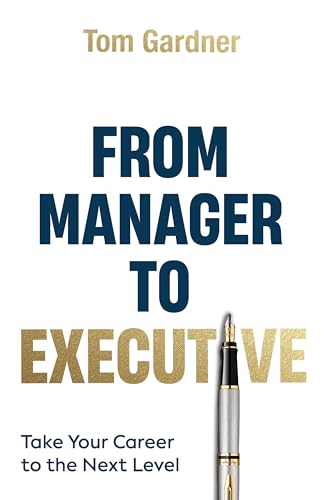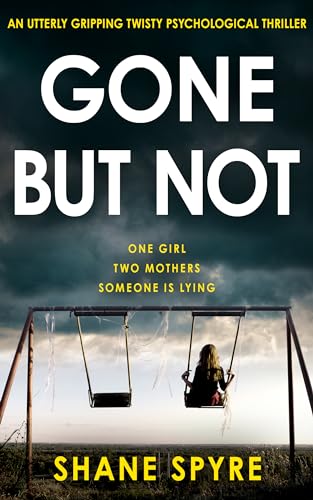Amazon Acquires e-Book Competitor Stanza’s Parent, Third-Party Vendor Seeks an M-Edge with Kindle Ads in Apple’s Subways, and the Net Whispers its Fears About World Domination
The Bottom Line: Is Kindle Content Coming to Your Computer?
In the April Kindle Nation survey, in the course of asking participants about other issues (DRM, text-to-speech, and the pricing of Kindle editions), I decided to raise another issue as quietly as possible: did respondents identify with the statement “I am concerned that Amazon may be developing a monopoly over digital books.” 129 respondents checked the box — 10.5% of the total. Enough to notice, but fewer than a third of the numbers that expressed concern about DRM, TTS, and the $9.99 controversy.
But sometimes real economic events influence public sentiment. It turns out Amazon may be serious about this Kindle thing. You heard it here first — a year ago in my guide for the Kindle 1 — that Amazon would make Kindle content available on other mobile devices such as the iPhone and iPod touch. Perhaps you didn’t pay too much heed when I wrote in the March 23 issue of Kindle nation that “Within months … Kindle books will be available on netbooks, iTouchTablets, Blackberrys, Macs, and PCs.”
Events are moving quickly now. Last night, while Blackberry owners were dreaming about when Kindle content would make it around to them, we learned that Amazon has purchased a tiny year-old company called Lexcycle that owns the fre e Stanza e-book platform that has been downloaded by at least 1.3 million readers worldwide.
e Stanza e-book platform that has been downloaded by at least 1.3 million readers worldwide.
There’s plenty to sort out here. Just for starters:
- Unless Amazon’s purchase of Lexcycle is a draconian move aimed only at taking Stanza out of play as a competitor, the fundamental (if not, probably, first) order of business for these unequal but newly married partners will be to make Stanza play nice with Kindle content
- Stanza can be downloaded to just about any Mac or PC, any desktop, laptop, notebook, or netbook, so it seems like a no-brainer that the Lexcycle acquisition should provide Amazon with the means to push Kindle content to every kind of computing device from the most to the least mobile
- Stanza works alongside an app called Bonjour for the iPhone or iPod Touch, which has functionality similar to WhisperSync
- Stanza also gives Amazon an interesting set of choices to make around DRM and open publishing platforms, since Stanza reads the EPUB format that has been widely promoted as a possible publishing industry standards
So why did I begin with that passing suggestion that some Kindle owners may be concerned about the potential for Amazon to monopolize or otherwise dominate the world of ebooks? It’s pretty simple, really. While only 10.5% of our survey respondents expressed the concern, it is a growing concern among authors, publishers, and — least surprisingly of all — Amazon’s book retailing competition.
Amazon would probably love it if every one of its Kindle content and accessory partners took the approach of M-Edge, which is paying for huge ads in the New York City subways promoting the K indle, like the one at the right (photo credit to Silicon Alley Insider). But some of us actually expect our relationship with Amazon to be a two-way street.
indle, like the one at the right (photo credit to Silicon Alley Insider). But some of us actually expect our relationship with Amazon to be a two-way street.
Personally, I have been concerned lately that Amazon seems willing to offer its marketing power very unevenly to authors and publishers. For instance, Amazon’s “right” to simply ignore small indie publishers who want to participate in the same kind of promotions that Amazon routinely makes available to Random House or Harlequin may seem like a simple contract prerogative to Amazon staff, but it’s not that simple. The more vertical and horizontal power that Amazon has in the book marketplace, the more the mega-retailer may find itself in a position similar, at least conversely, to the position of Blockbuster Video, Borders Books, and large publishers and distributors when they were litigation targets in years past for tilting the playing field to which smaller, independent business “partners” had access.
On the other hand, it is also entirely possible that Amazon will realize that its increasing digital content hegemony will increase its exposure either to litigation or fair trade scrutiny and, in a funny contrarian way, will thus become a little less arrogant, and a little more willing and able to act in ways that promote a level playing field and continue to open creative and business opportunities for independent content providers. That scenario, in the long run, would also be the best for Kindle owners, other ebook readers, and readers in general as well as the various kinds of ink-stained wretches among us.













